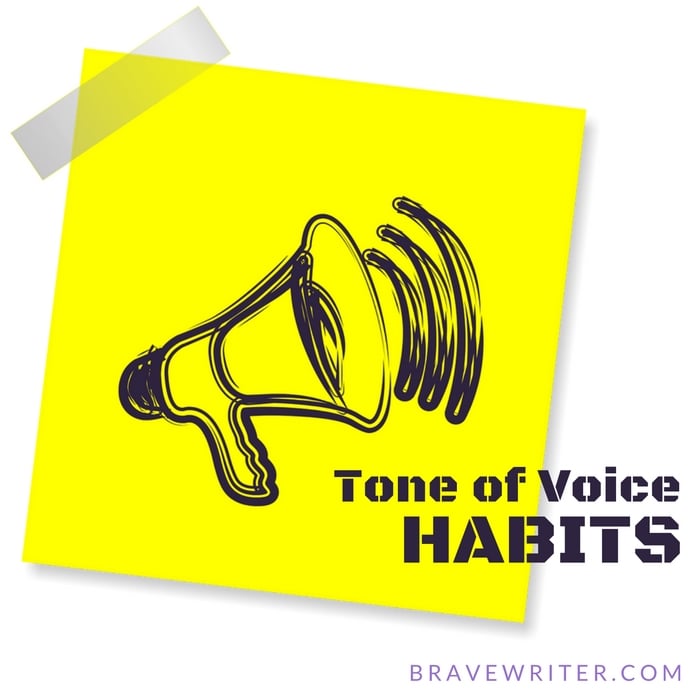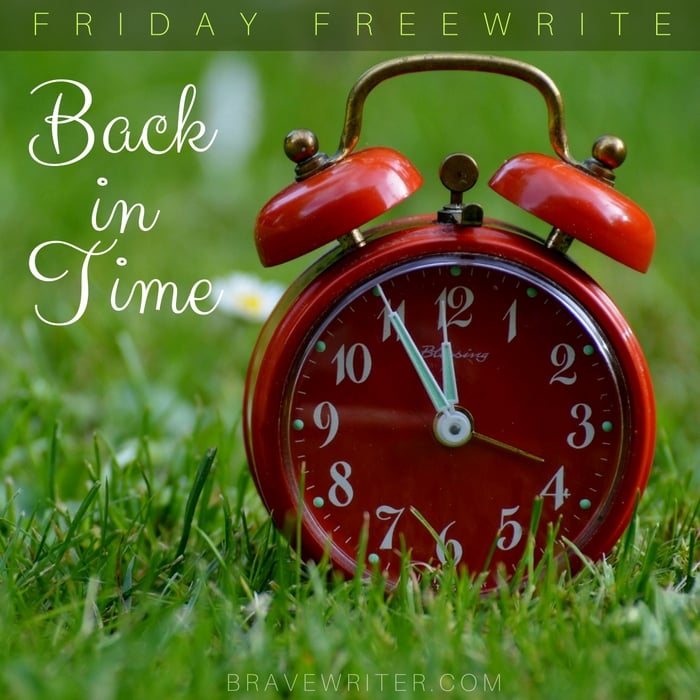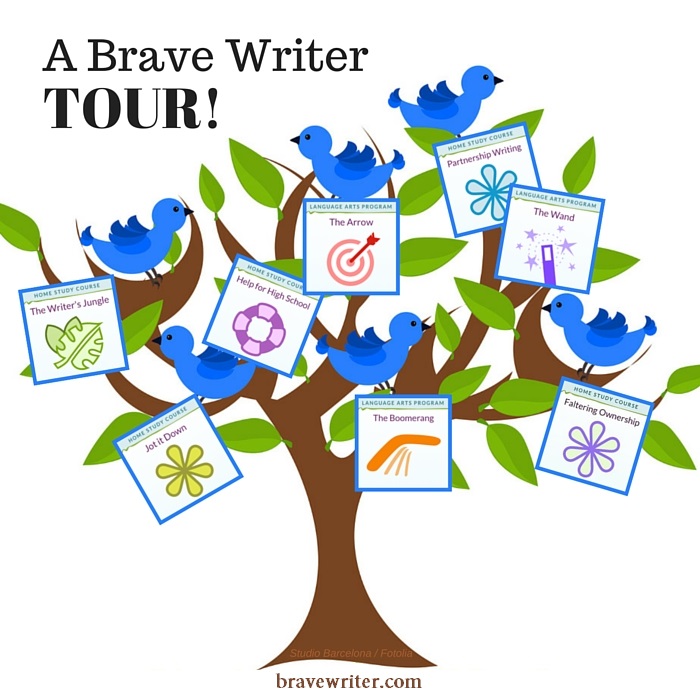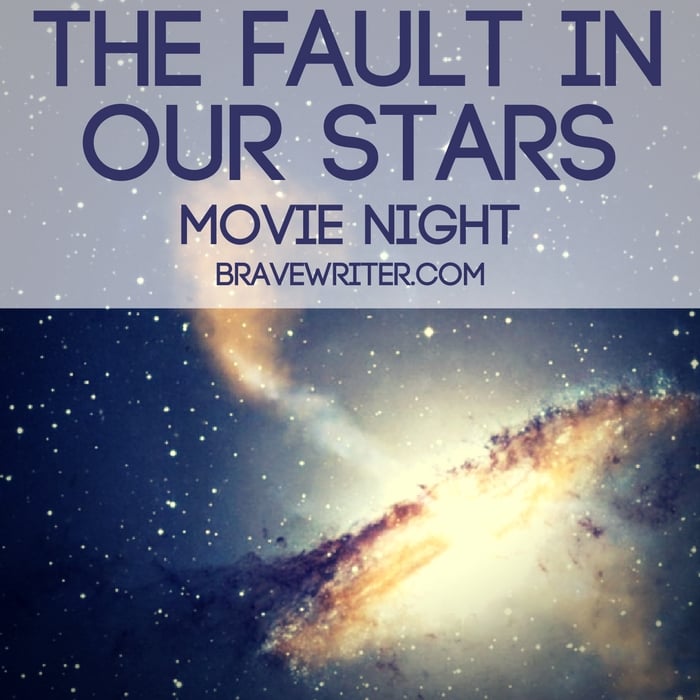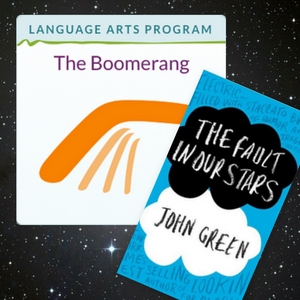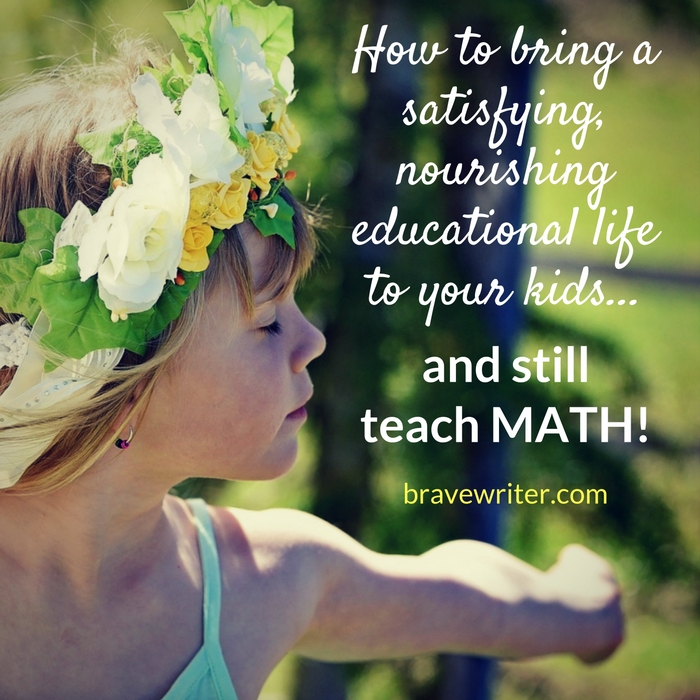
“Julie, I’m exhausted already. I can’t enchant every single subject for every single child every single day! What about math?!”
Yes, uncle, true, I get it!…
Not every minute of every day can be a tap dance performance of inspiration, enchantment, and relevance. In the feast of ideas, sometimes all you can put on the table is lunch. Not every serving of educational value has to be a four course French dinner.
Let’s drill down to the essence of how to bring a satisfying, nourishing educational life to our kids.
I like to say that there are two primary goals every parent has when raising children:
1. Keep them alive
2. Fill up their time
When you homeschool, you add a third:
3. Qualify them for college/adulthood
Your daily life, then, is a dance between these three objectives. The route to a satisfying life and education is through connection, inspiration, and skill acquisition, while preventing death, and staying busy.
The best skill development comes when a child (or any person, really) sees the direct correlation between what they are learning and how that information or experience will enhance their lives. For instance, in art appreciation, it is unclear that there will be a lasting benefit beyond personal pleasure. Yet that can be enough! Art is meant to be loved, enjoyed, and admired primarily. The analytic tools necessary for a deeper dive will only be important to the few. Therefore, enjoy art! Don’t kill it through over-study.
When we look at mathematics, however, it is obvious that learning to calculate and use theorems (for instance) will be essential in most of the lucrative fields today.
It is not a violation of the spirit of an enchanted education to simply use a tool that teaches the incremental steps to mastering math or to using it effectively! Sometimes working through a workbook serves a couple of key needs for a parent:
1. It provides a clear pathway to skill acquisition (the parent doesn’t have to reinvent the wheel)
2. It fills time (the child can “do the next 3 pages” while the parent is otherwise occupied)
3. It provides repetition, a key property in mastery of any kind from Tae Kwon Do moves to conjugating Spanish verbs to dividing fractions
Where parents can enhance the experience of the subjects that are taught through rote methods is to find ways to connect what is being learned to the real world. Fractions don’t only live on worksheets! They are active in quilting, baking, origami, and carpentry. Is it possible to explore fractions in the real world simultaneous to the paper abstractions of worksheets? Yes! Do you have to only teach fractions by baking pies? No.
Where we get into trouble is this: we expect our kids to work in workbooks and text books all day every day, addressing each subject for 30-60 minutes, one after the other, using a pencil, sitting at a table. This kind of life slowly deflates curiosity and inspiration.
On the flip side is the life where homeschoolers live from inspiration to inspiration only to realize somehow a child never got interested in learning to read or never bothered to skip count and now he’s 12! That’s a horrifying feeling.
Sometimes parents simply feel paralyzed: like they will ruin their children if they ever use a piece of curriculum to teach a subject. Then they wring their hands while they watch their children wander the house like nomads in search of something to do. “Why aren’t my children inspired to follow their interests,” a parent wonders?
Is it possible the kids are waiting for an introduction to the feast? Perhaps that’s all that’s wanted.
Which leads us back to the main issue. A parent can embrace the properties of inspiration and skill-building by toggling between them. Parents tend to indulge joy in learning more freely when they feel that they are also being responsible to introduce their children to the essential skills of a basic education.
They can rely on the traditional tools for that base-level education and then depart from them periodically as they gain confidence or inspiration. Those flights of fancy away from rote learning will enrich the days when base level skill-building is on the menu in the same way a picnic enhances lunch!
So skill-build with confidence and make sure you sometimes connect it to how those skills apply to life on planet earth.


